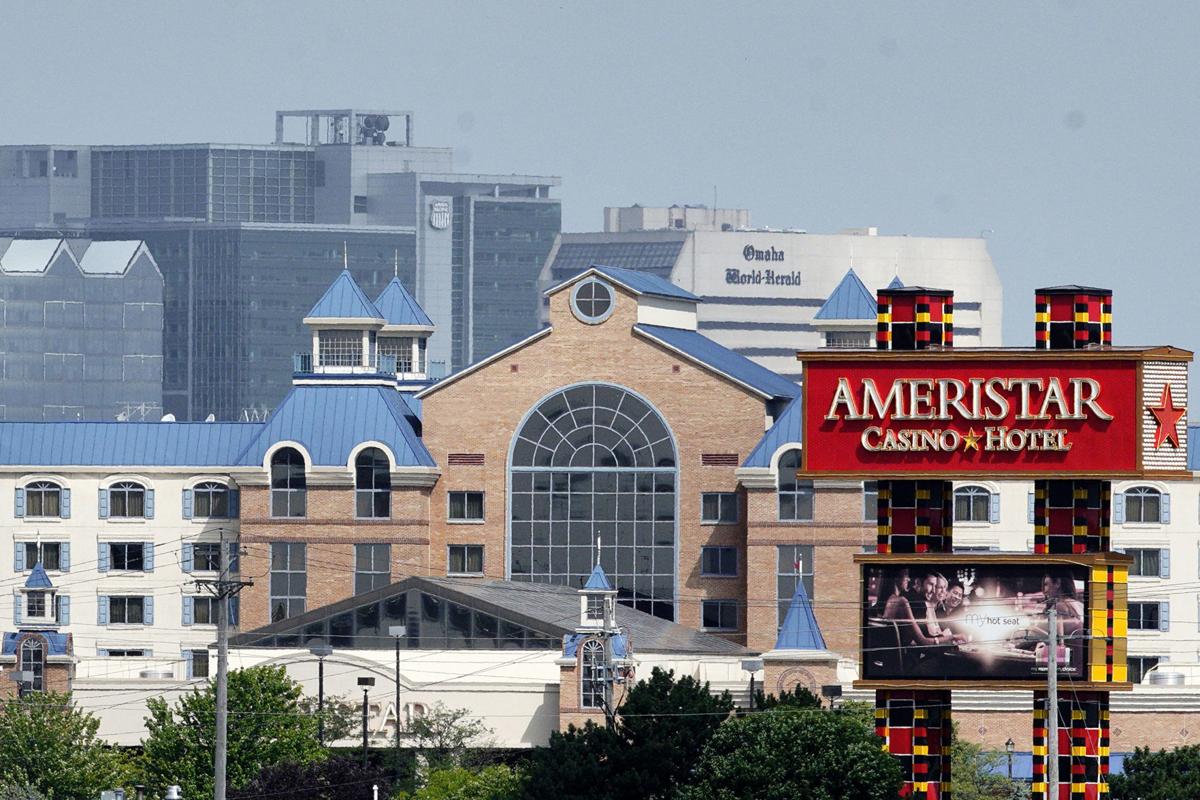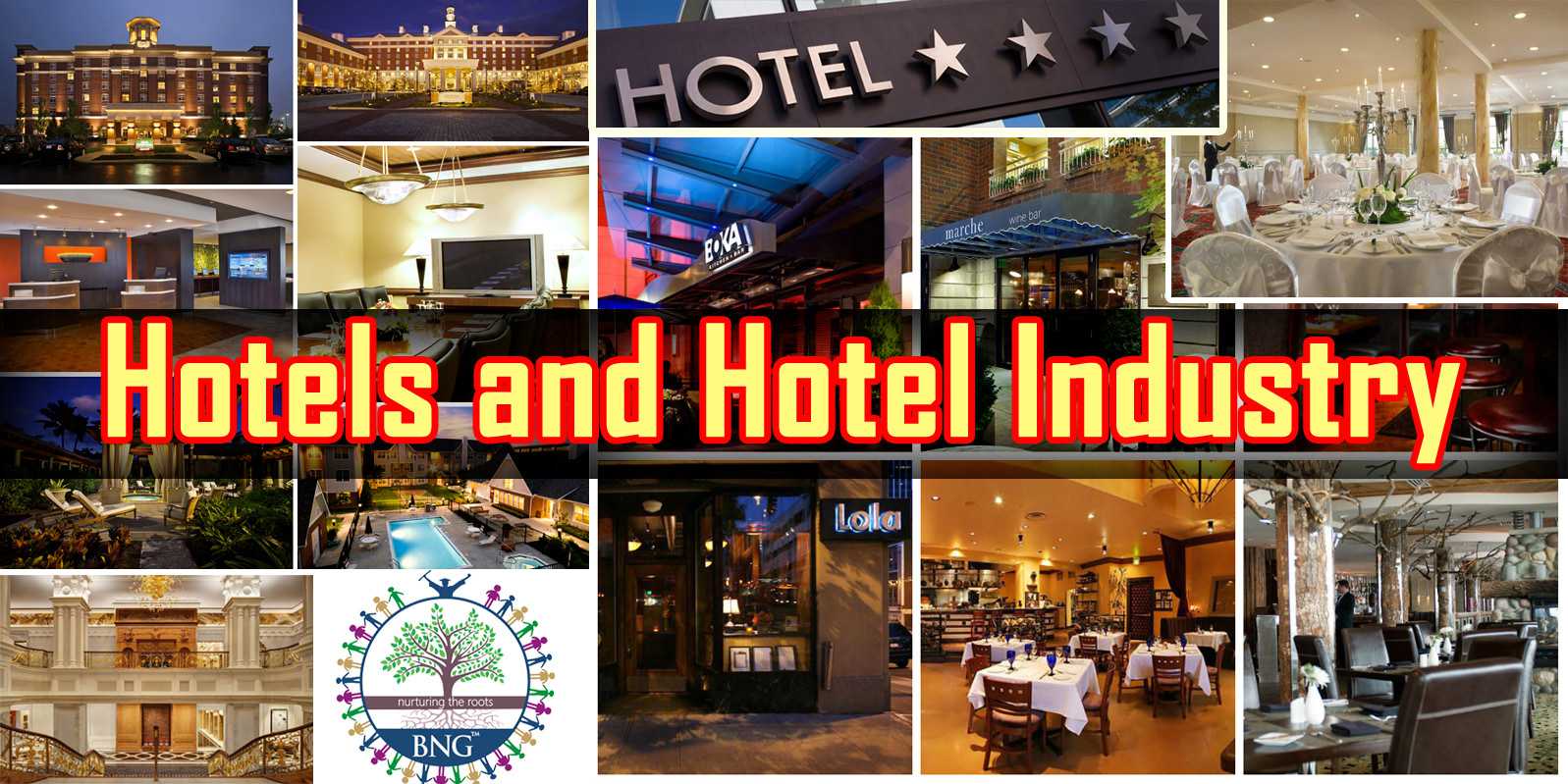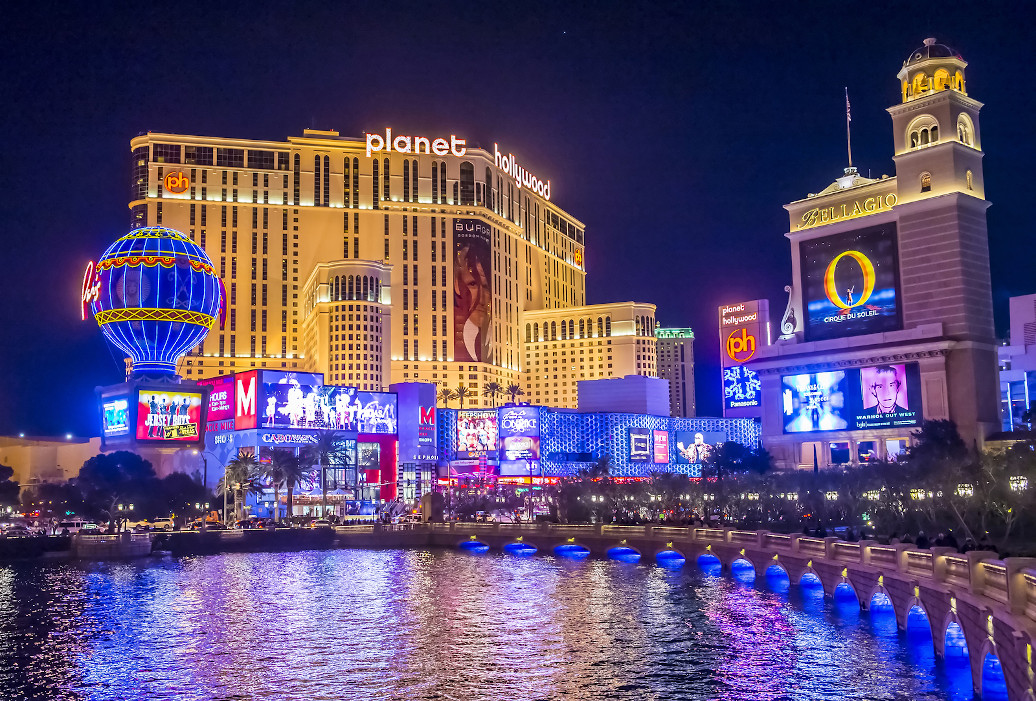Casino Hotel Industry
1,189 casino hotel industry products are offered for sale by suppliers on Alibaba.com A wide variety of casino hotel industry options are available to you, such as 1 year. You can also choose from online. Hotel casinos consist of a commercial casino and a hotel (and typically include restaurants, bars, retail shops, entertainment venues, and other amenities to attract tourists). Casinos are owned and operated.
Although the U.S. casino industry continues to turn over billions of dollars each year, the industry’s brick-and-mortar casinos are seeing a decline in gaming revenue. Their current Baby Boomer target market is aging fast, and it’s about to be replaced by a younger Millennial audience with very different tastes.
The Hotel/Gaming Industry is highly dependent on the business cycle and consumer discretionary spending. Indeed, operating earnings tend to swing widely between good economic times and bad.
On average, boomers spend 80% of money on gaming and 20% on food and entertainment. Almost completely the reverse is true of Millennials, who spend 30% and 70% respectively. But many casinos aren’t doing enough to attract this younger demographic. To survive and thrive in the years ahead, casinos will need to revamp and modernize the experience they offer to cater to the preferences of a younger crowd.
Socializing the gaming experience
Millennials just aren’t as excited by the current gambling scene as Boomers are. So casinos are trying to transform the experience into one that taps into modern tastes.

At last year’s Global Gaming Expo (G2E), one of the big themes of discussion was how to make the gaming experience more social. In response to this trend, casinos are looking at ways they can socialize their own gaming experience, which has led to areas within casinos being completely redesigned.
For instance, Wynn Las Vegas has created a new luxury lounge called the Encore Players Club. Here players can still gamble at traditional tables, but they can also shoot pool, listen to live DJ entertainment, or kick back and watch sports on HDTVs.
Meanwhile, the new sportsbook at the Cosmopolitan has taken a similar approach. Alongside roulette, blackjack tables, and video poker, this spacious social area features a full bar, shuffleboard, foosball, and billiards.
These kind of relaxed lounges are far more suited to big groups who can relax, chat, and play games without feeling as though gambling is the only show in town.
Skill more important than luck
For decades, slot machines have been designed almost entirely around the format of chance and luck. But millennials have grown up playing immersive strategy-based video games that test and reward skill. In the 21st century, winning and losing at the random spin of a slot machine wheel just isn’t as attractive.
So now, a new wave of casino games are being developed that place skill at the heart of the experience. California-based Gamblit Gaming has created a range of releases for casinos including High Orbit, a “fast-paced space shooter” that involves destroying asteroids and aliens to win money. Gamblit is also working with video game publishers to develop spin-offs of existing hits with hundreds of thousands of fans.
Luck-based slot machines are also looking increasingly outdated as the e-sports market in Las Vegas expands. Leading the way, the Downtown Grand has introduced the Downtown Underground e-sports lounge. Every Friday and Saturday night, competitors pay $15 and battle it out in tournaments featuring popular gaming titles with the chance of winning $250.
Resorts Casino Hotel
Soon enough, arcade-style games and tournaments could transform the traditional casino floor. But while these kind of developments will undoubtedly prove more appealing, the truth is that Millennials would rather spend their travel budget elsewhere.
Millennials prefer entertainment to gambling
Despite the fact gambling is still seen as a fun experience, the majority of Millennials are enticed to Las Vegas by its big events, entertainment, world-class restaurants, and live music scene.
In recent years, the city’s EDM (electronic dance music) scene has taken off and become a major revenue driver. Since launching in 2011, music festival Electric Daisy Carnival has generated a staggering $1.3 billion for the Las Vegas economy.
Naturally, that doesn’t mean casinos need to rush out and hire the next superstar DJ to pull in a younger crowd. But it does mean they need to rethink how they can entice Millennials beyond the traditional temptations.
Many of the city’s hotels have already begun addressing this issue by investing heavily in entertainment aimed specifically at the Millennial marketplace.
The LINQ Hotel & Casino has built a new open-air pedestrian mall beside the hotel that features bars, shops, and numerous attractions including the High Roller—officially the highest Ferris wheel in the world. As well as a spectacular view, customers can take “Yoga in the Sky” sessions, or book a “Happy Half Hour cabin” which includes an open bar inside the pod.
MGM Resort has also created its own open-air pedestrian mall, called The Park. Guests have a wealth of entertainment options available including a theater, T-Mobile Area (a sports and entertainment venue), and Beerhaus, a hip beer hall with a communal patio featuring classic games like foosball, ping pong, Jenga, and Connect Four.
Meanwhile, Caesars Palace has introduced the first virtual reality bar in Las Vegas, the Oculus Virtual Reality Lounge. Located in the private space of its stylish Alto Bar, guests can pull on a headset and play some of the most popular VR games available.
Marketing needs to go digital
A lot of casinos are also relying on traditional marketing methods (such as direct mail) to attract guests. But in the digital age, that approach simply won’t cut it. And not just with Millennials—even Baby Boomers are highly reliant on mobile technology and spend significant amounts of time online.
In the 21st century, having a strong digital presence is essential. For hotels, that means devising multi-channel campaigns that reach customers at all touch points during an increasingly mobile-reliant travel journey.
Social media ads, Google AdWords campaigns, and sponsored posts on related travel websites can all be utilized as part of a paid-for marketing strategy. But owned media channels can also be leveraged, from regularly updating the hotel blog and being active on social media, to promoting events and attractions through a dedicated YouTube channel, a Facebook brand page, or a dedicated Instagram account.
Casino hotels need more flexible loyalty programs
Casino Hotels Near Me

At present, 86% of Millennials are not enrolled in a hotel loyalty program. In the casino industry, part of the problem is that many loyalty programs aren’t available online. Instead, customers need to call to book offers. And given that Millennials expect to do everything online, this kind of added hassle is likely to be a major turn off.

To address this issue, some hotels are now enabling customers to book casino loyalty through the booking engine, removing an unnecessary obstacle that seems to be hampering loyalty membership numbers. But despite these efforts, it’s not just the technical process that needs to be fine-tuned.
As a demographic that gambles less frequently than older generations, alternate methods need to be considered to incentivize repeat bookings. Instead, loyalty points could be offered based on other ancillary revenue, such as how much money a guest spent at the hotel restaurant, spa, or on tickets to live shows and events.
Past spending habits could also be tracked and used to devise personalized offers that encourage guests to return based on the kind of attractions, entertainment and amenities they were most interested in.
Evolving to stay relevant
While Millennials still flock to Las Vegas in their thousands, they’re spending far less money on gaming and more on entertainment. The time is fast approaching when casinos must reorientate themselves towards the preferences and needs of a new generation.
Casino Hotel Industry Analysis
Millennials are more likely to splash out on a fancy meal or the latest music festival than on the roll of a dice at the roulette table. And when they do gamble, they want it to feel different to the traditional experience. The solitary gamer is being replaced by groups of friends who want a more social environment, who want to play games that test their skill instead of their luck.
Understanding these different tastes and rising to meet them is fundamental for the US casino hotel industry to stay relevant in the decades ahead.